Regurgitation
Struggling with regurgitation? Here’s what you need to know to find relief.
ALL TEST ARE ACCREDITED & REGULATED BY
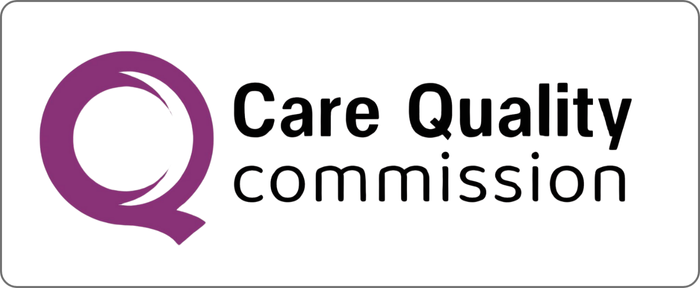


What is regurgitation?
Regurgitation happens when liquids or food flow from your stomach in the wrong direction, going back up into your oesophagus (food pipe) or mouth.
This can be involuntary, or it can be voluntary; for example, if you make yourself sick.
In adults, it’s most commonly linked to acid reflux or gastroesophageal reflux disease (GORD). You might notice a bitter taste in your mouth and pain in the chest (heartburn).
Usually, the contents of the stomach are prevented from entering the oesophagus by the lower oesophageal sphincter. This acts like a valve, allowing food and liquid to enter but not leave. However, if the lower oesophageal sphincter isn’t functioning properly, then the stomach contents can backflow into the oesophagus and cause regurgitation.
Regurgitation doesn’t always refer to food contents from the stomach entering the oesophagus. If the foods become stuck in the oesophagus and come back into the mouth, your doctor might also refer to this as regurgitation.

Why does regurgitation happen?
There are several possible causes of regurgitation.
Understanding yours can be the first step towards taking control of your symptoms and any underlying problems.
Gastroesophageal reflux disease (GORD)
Hiatus hernia, when part of your stomach moves up into your chest
Bariatric (weight-loss) surgery
Achalasia, a blockage of the valve at the end of the food pipe
Certain foods and drinks, such as alcohol, coffee, chocolate, and fatty or spicy foods
Being overweight
Pregnancy
Stress or anxiety
Rumination syndrome, a behavioural disorder causing abdominal muscle contractions

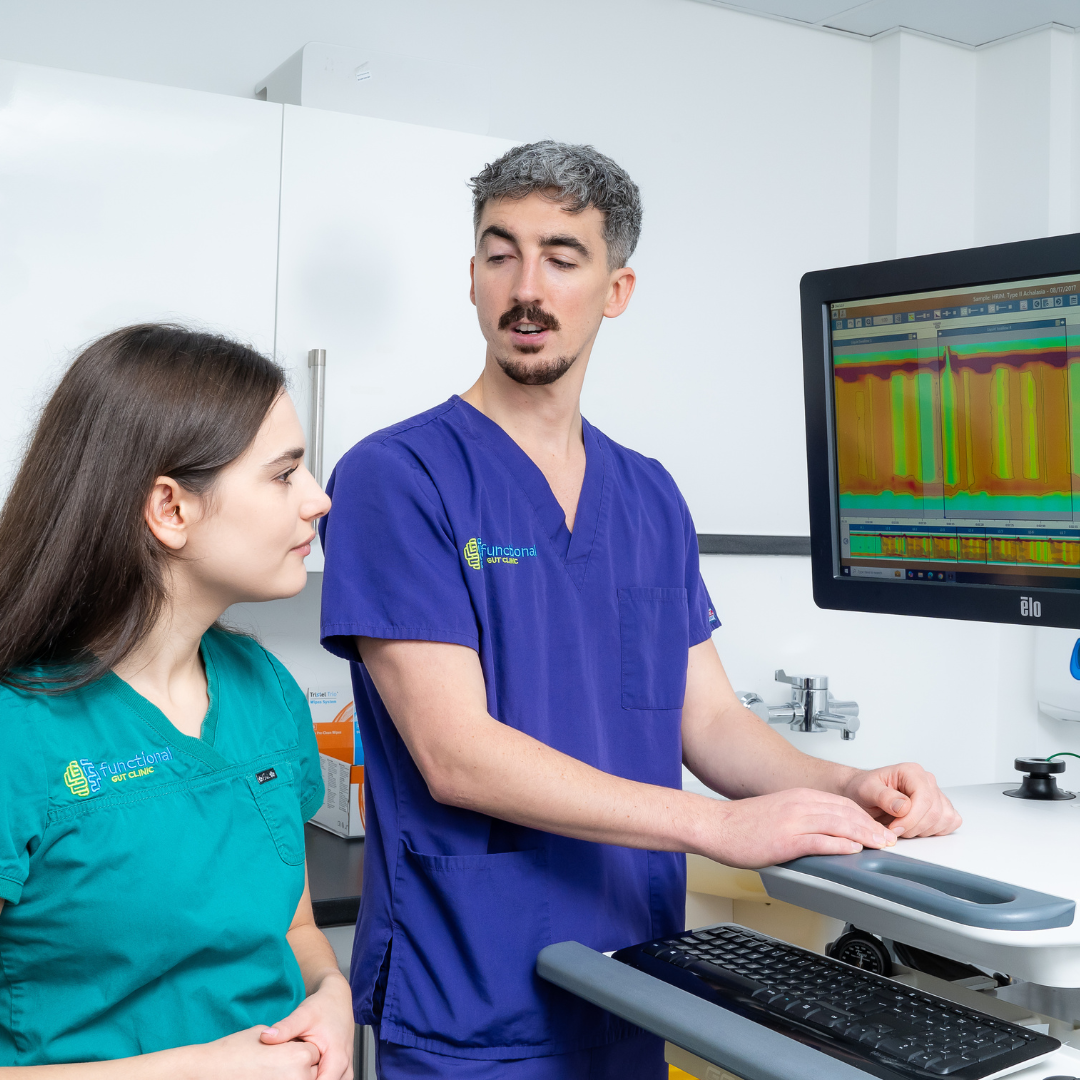
Diagnosing regurgitation
Diagnostic testing allows us to pinpoint the causes, to inform your support plan.
Oesophageal manometry, 24-hour pH impedance & Gastric emptying
At the Functional Gut Clinic, we use the following tests to give you the information you need:
Oesophageal manometry – which measures the function of your oesophagus (food pipe)
24-hour pH impedance monitoring – which looks at whether you have any reflux
Gastric emptying test – which measures how quickly food leaves your stomach
What are the symptoms of regurgitation?
Regurgitation isn’t a medical condition; it is a symptom of other medical conditions. As such, the only symptom of regurgitation is the backflow of the stomach contents into the oesophagus. This can cause:
Vomit in mouth
Heartburn or chest pain
A strong acidic or sour taste in your mouth
Difficulty swallowing
A feeling of something in your throat
Hoarse voice
Repeated coughing
A feeling of pressure or pain behind your breastbone
Symptoms of regurgitation can get worse when lying down or bending over, as gravity works to increase the flow into the oesophagus. This is often a problem when sleeping during the night.
Regurgitation of food and liquid can cause several problems. These include:
Aspiration: Small particles of food or liquid may enter the airways or lungs, leading to coughing or even pneumonia in severe cases.
Breathing difficulties: When food particles enter the respiratory tract, it can cause wheezing, shortness of breath, or other respiratory issues.
Choking: The sudden flow of stomach contents upward can cause a choking sensation, especially if it occurs during sleep.
Dental problems: Chronic exposure to stomach acid can erode dental enamel, leading to tooth decay and sensitivity.
Poor appetite or weight loss: Persistent regurgitation can lead to a reluctance to eat due to discomfort and fear of symptoms, potentially resulting in weight loss.
Each time regurgitation happens, the risk of aspiration or any of the other issues is present. That’s why it’s critical to understand the condition and seek medical attention.
What causes regurgitation?
In adults
Regurgitation is primarily caused by an issue with the lower oesophageal sphincter (LOS). While it’s not uncommon for acid and other liquids to backflow into the oesophagus, it’s much rarer for food also to be regurgitated.
The most common cause of regurgitation is gastroesophageal reflux disease (GORD). This term refers to the backflow of acid from the stomach; however, some food might also be regurgitated. Known as gastroesophageal reflux (GOR), its symptoms include heartburn, nausea, and difficulty swallowing.
Other adult causes of regurgitation include:
Hiatus hernia. Part of the stomach enters through the diaphragm (the layer of muscle separating the chest from the abdomen) into the chest, often via tear.
Pregnancy. It’s common to experience some regurgitation during pregnancy, especially in the third trimester. The increased pressure in the stomach can force food back up into the oesophagus.
Surgery. Previous surgery, including bariatric surgery, can affect the normal function of the LOS. It increases the risk of heartburn and a hiatus hernia.
Smoking: Smoking aggravates both heartburn and GORD, often worsening symptoms like regurgitation. Quitting smoking can lead to noticeable improvements in these symptoms.
Overweight or obesity: Excess weight increases abdominal pressure, which can push stomach contents upward, leading to GORD and frequent regurgitation. Managing weight can significantly reduce these occurrences.
Achalasia. Achalasia is a rare disorder where the oesophageal muscles fail to relax. As the LOS will not open, food cannot enter the stomach and begins to back up. Usually, people do not experience any symptoms of heartburn as there is no acid backflow.
Rumination syndrome is an eating disorder in which people involuntarily regurgitate food after eating. The underlying cause is not clear. However, it is linked to stress and other mental health conditions. Alongside these causes, people with preexisting GORD can exacerbate their condition with certain foods and drinks, which increase stomach acid production. These include alcohol, coffee, chocolate, and fatty or spicy foods.
Stress and anxiety can also increase regurgitation. This could be an exacerbation of GORD. However, in extremely stressful situations, people might force themselves to vomit, regurgitating their stomach contents.
In babies
Regurgitation is relatively common in infants and babies as they haven’t yet got full control of their oesophagus, and it is much smaller in size. Usually, there are no other symptoms present. If regurgitation occurs more than once a day, it’s known as functional infant regurgitation. The condition will subside within the first year of life.
What’s the difference between acid reflux and regurgitation?
The terms acid reflux and regurgitation are often confused. After all, both terms refer to the movement of the stomach contents back up into the oesophagus.
Acid reflux exclusively refers to the backflow of acid into the oesophagus. It’s not uncommon for some food to also travel into the oesophagus; however, it does not usually enter the mouth. Regurgitation, on the other hand, regurgitation can involve either food or acid moving not just into the oesophagus but also into the mouth. This might seem like vomit, but the act of vomiting is more vigorous.
Is regurgitation serious?
If left untreated, regurgitation will persist, leading to several potential problems. Unlike acid reflux, regurgitation is not a normal condition. Any movement of the stomach contents into the mouth should be investigated by a medical professional.
As acid usually accompanies the food, it can cause inflammation in the oesophagus. If this is occasional, the oesophagus can heal. However, repeated episodes of regurgitation can lead to permanent damage to the oesophageal lining.
Potential long-term complications include:
Oesophagitis is the inflammation of the oesophagus. Inflammation affects the lining, increasing the risk of ulcers.
Oesophageal stricture is a narrowing of the oesophagus. This occurs due to repeated episodes of inflammation that scar the lining. Eventually, it becomes permanently narrowed (stricture), preventing the normal passage of food into the stomach and exacerbating regurgitation.
Oesophageal cancer occurs when the cells lining the oesophagus begin to change. Initially, this is known as Barrett’s oesophagus, a precancerous condition. However, continued inflammation increases the risk of oesophageal cancer.
Regurgitation is also a sign of several severe conditions, including achalasia, strictures, cancer, and more.
What to do during regurgitation?
An episode of regurgitation can feel extremely uncomfortable and distressing. If you’re experiencing any heartburn, it can be relieved with an over-the-counter (OTC) antacid. However, this will not treat the regurgitation itself.
During an episode of regurgitation, it’s important not to lie down. This will exacerbate your symptoms. Avoid eating or drinking until your symptoms subside. Certain foods, such as citrus fruits, chocolate, caffeine, alcohol, and spicy or fatty foods, will increase acid production, leading to more severe heartburn. It’s sensible to limit your intake.
If you find yourself becoming distressed, find a calm, quiet environment. Allow yourself to relax, breathing slowly and deeply. Lowering your stress levels can help your symptoms.
How do we diagnose the causes of regurgitation?
Identifying the cause of your regurgitation is crucial to treating the problem. Each test looks at your oesophagus to understand what’s going wrong. That could be testing for the presence of acid to confirm GORD or performing an X-ray to see if achalasia is present.
Common regurgitation tests include:
Oesophageal manometry. This test measures the contractions in your oesophagus after swallowing. A tiny tube is fed into your oesophagus via your nostril. You will then be asked to swallow food or liquid while the tubes determine if the sphincters are working correctly.
24-hour pH impedance monitoring. Similar to manometry, a small tube is inserted into the oesophagus until it reaches the bottom. The tube contains a pH sensor which detects if any acid enters the oesophagus. It is diagnostic for acid reflux.
Gastric emptying test. Part of the problem is often that food exits the stomach too slowly. This test measures the speed at which food leaves the stomach.
In addition to these tests, your doctor might recommend a barium swallow. This involves swallowing liquid barium and undergoing an X-ray. The barium allows your doctors to visualise the oesophagus and stomach, detecting achalasia or other structural abnormalities like a hiatus hernia or tumour.
When should you seek medical care for regurgitation?
Everyone who experiences regurgitation should seek medical care. Often, the underlying condition is relatively mild and easily managed with medications. However, it’s crucial to understand what’s going on in case the cause is more severe.
It’s especially important to talk to a doctor if:
You experience heartburn more than once a week
You have other associated symptoms
You have difficulty swallowing
Your heartburn persists despite treatment
You’re over the age of 60
You have a tight or squeezing chest pain
You cough up blood
Acid reflux and regurgitation are closely related. If you notice any symptoms, including vomit in the mouth or heartburn, you can benefit from oesophageal testing. The Functional Gut Clinic is experienced in performing tests for people with regurgitation. We’ll advise you on the best test to take, help you understand the results, and help you seek appropriate care.

Regurgitation treatment
Lifestyle changes
Regurgitation is almost always the sign of an underlying condition. However, certain lifestyle changes can relieve symptoms even if they don’t prevent regurgitation completely. You might want to try:
Lose weight if you are either obese or overweight
Minimise eating trigger foods
Eat smaller meals
Avoid tight clothing
Avoid lying down immediately after eating
Quitting smoking or alcohol consumption
Prop your head up with pillows at bedtime
Usually, these changes will reduce the episodes of regurgitation. If symptoms persist, your doctor may prescribe medication or surgery.

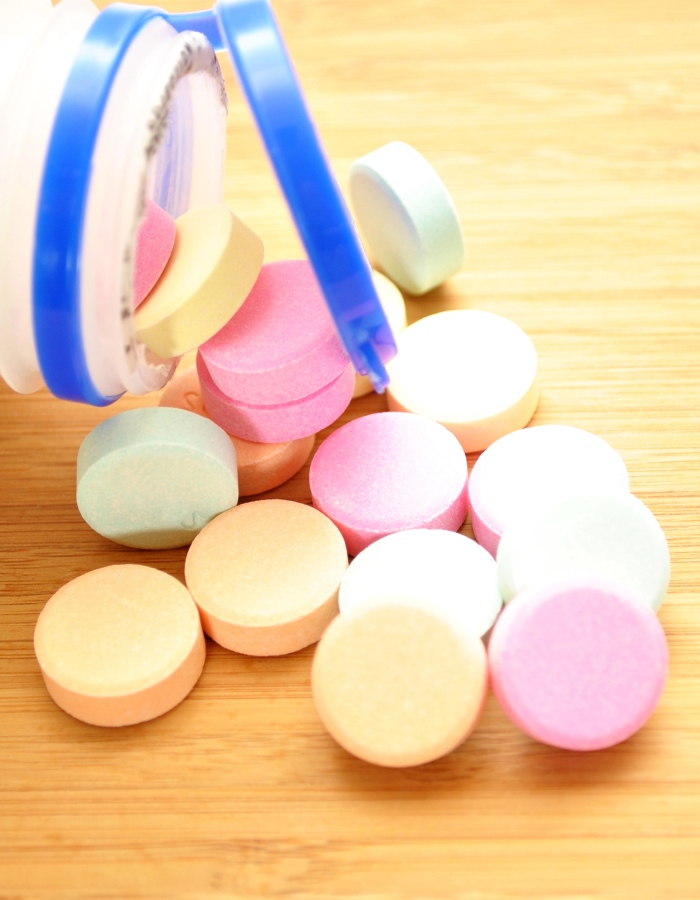

Medication
Most people who experience heartburn caused by regurgitation will take OTC antacids. Antacids neutralise the acid, causing a sudden relief from symptoms. Examples include Gaviscon and Alka-Seltzer. Antacids do not treat the underlying cause of the symptoms. It is inadvisable to take them continually or in large doses due to the potential adverse effects.
If you experience persistent heartburn, your doctor may prescribe medications to reduce acid production. These include:
Proton Pump Inhibitors (PPIs): These drugs lower stomach acid by inhibiting the enzyme in the stomach lining that produces acid. Common PPIs include omeprazole, esomeprazole, and pantoprazole, which are used to treat GORD by allowing oesophageal healing and preventing damage.
H2 Receptor Antagonists: These medications reduce acid production by blocking H2 receptors on stomach cells. Examples include ranitidine, famotidine, and cimetidine, suitable for managing milder GORD symptoms.
These medications treat the heartburn but will not stop episodes of regurgitation. Usually, if the acid reflux is relieved, your doctor will not advise any further treatment. However, if the regurgitation is severe, surgery may be recommended.

Surgery
Some causes of regurgitation require surgical intervention, including achalasia, severe hiatus hernia, oesophageal strictures, and oesophageal cancer.
Achalasia can be treated with a procedure to expand the LOS (pneumatic dilation) or cut the muscles themselves. This allows food to pass into the stomach. Strictures can be treated in a similar manner. Hiatus hernia is fixed with a fundoplication, which tightens the junction between the stomach and oesophagus, or a LINX device, which is a ring of magnets placed around this junction.

Hear from people we’ve helped, just like you.
"Very professional while welcoming and friendly"
"The manner and demeanour of all staff from reception to people carrying out the test was very professional but welcoming and friendly. Atmosphere is very relaxed and all instructions clear and concise."
London Patient

"Highly recommend this"
"Thanks to Dr Hobson and everyone at the Functional Gut Clinic. The whole team is very kind and generous and they are doing things that are cutting edge and they actually get results."
Manchester Patient

"Highly recommend this"
"After stopping my lansoprazole, every time I had a warm drink, I could feel it burn all the way down to my stomach. Thank you to Sam for making me feel at ease." - Manchester Patient

"My experience could not be better"
"Pleasant and knowledgeable staff that made the experience more enjoyable than it should be!" - London Patient

"Very friendly and knowledgeable"
"An excellent service from beginning to end. I would recommend to anyone who was considering having testing done. Very friendly and knowledgeable!" - Manchester Patient

"Very kind and helpful"
"It was also great to have time to talk to the clinicians – very important when you have problems. Reception staff also very kind and helpful." - Manchester Patient

Are you experiencing any other symptoms
Symptoms are often closely connected. Find out more below.
Reflux
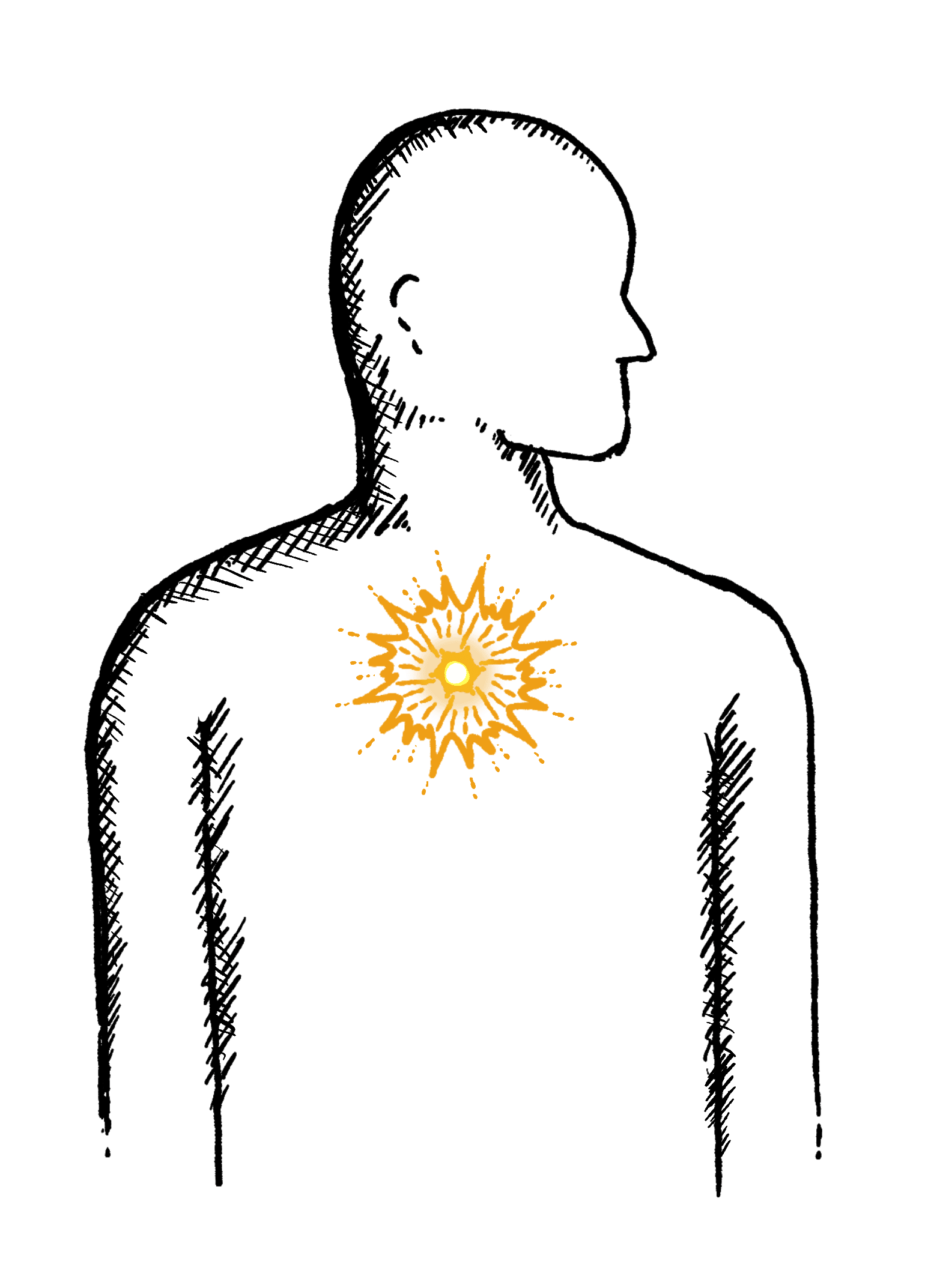
Burning mid-chest, worse when bending or lying down
Bloating
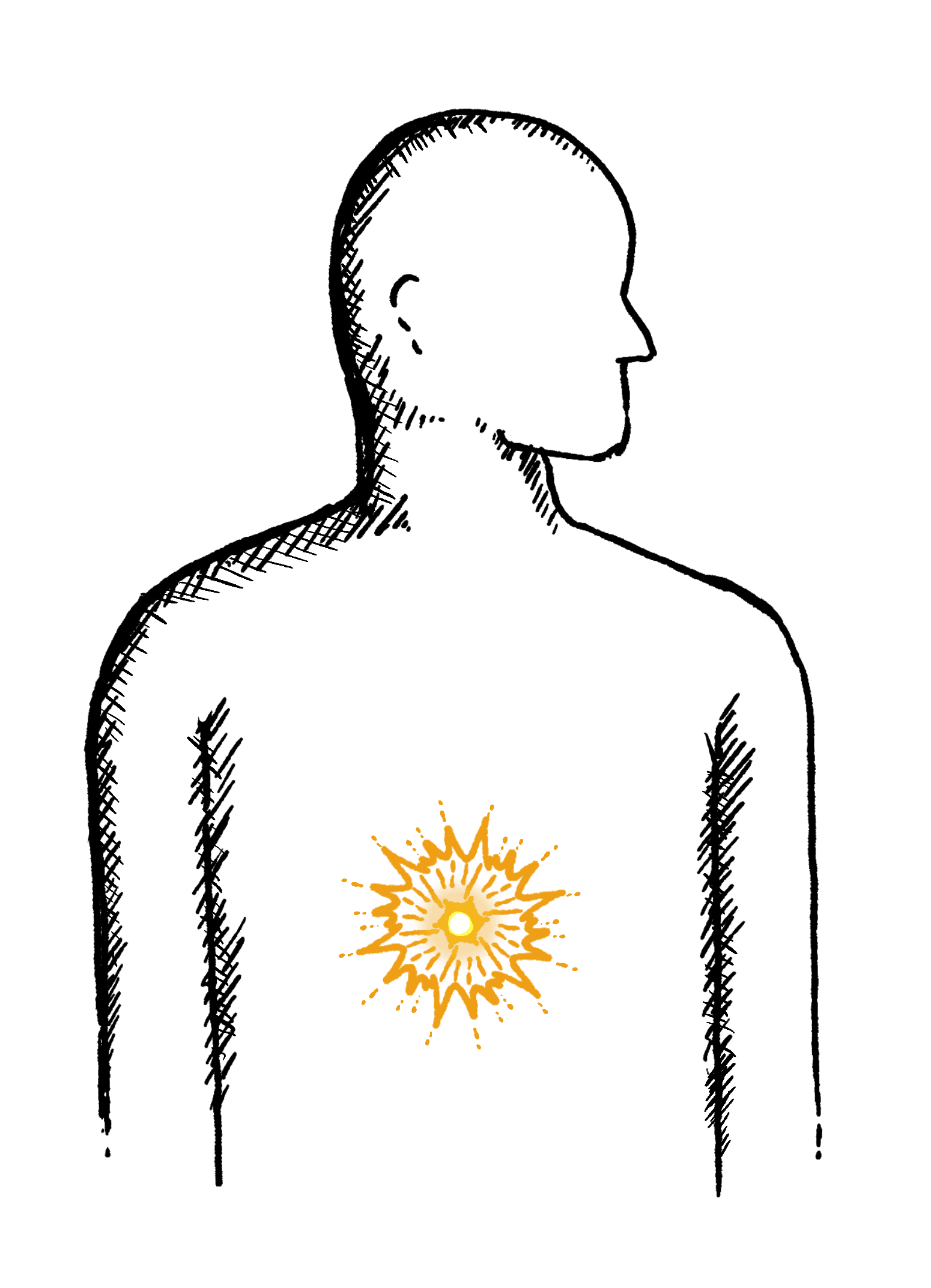
Feeling uncomfortably full and tight, excess belching/breaking wind, abdominal pain or gurgling
Heartburn
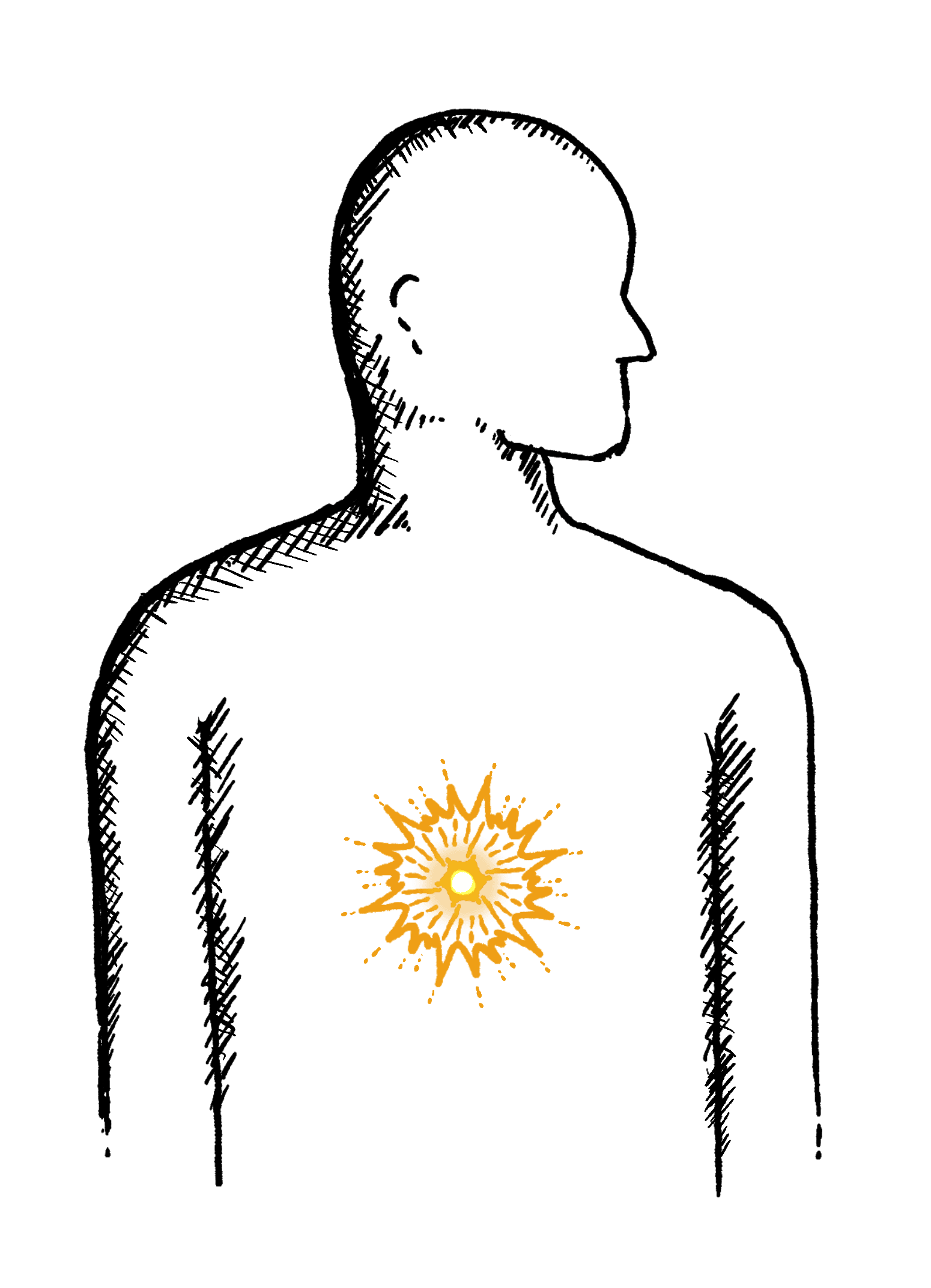
A burning pain in your chest, just behind your breastbone.
The pain is often worse after eating...
Constipation
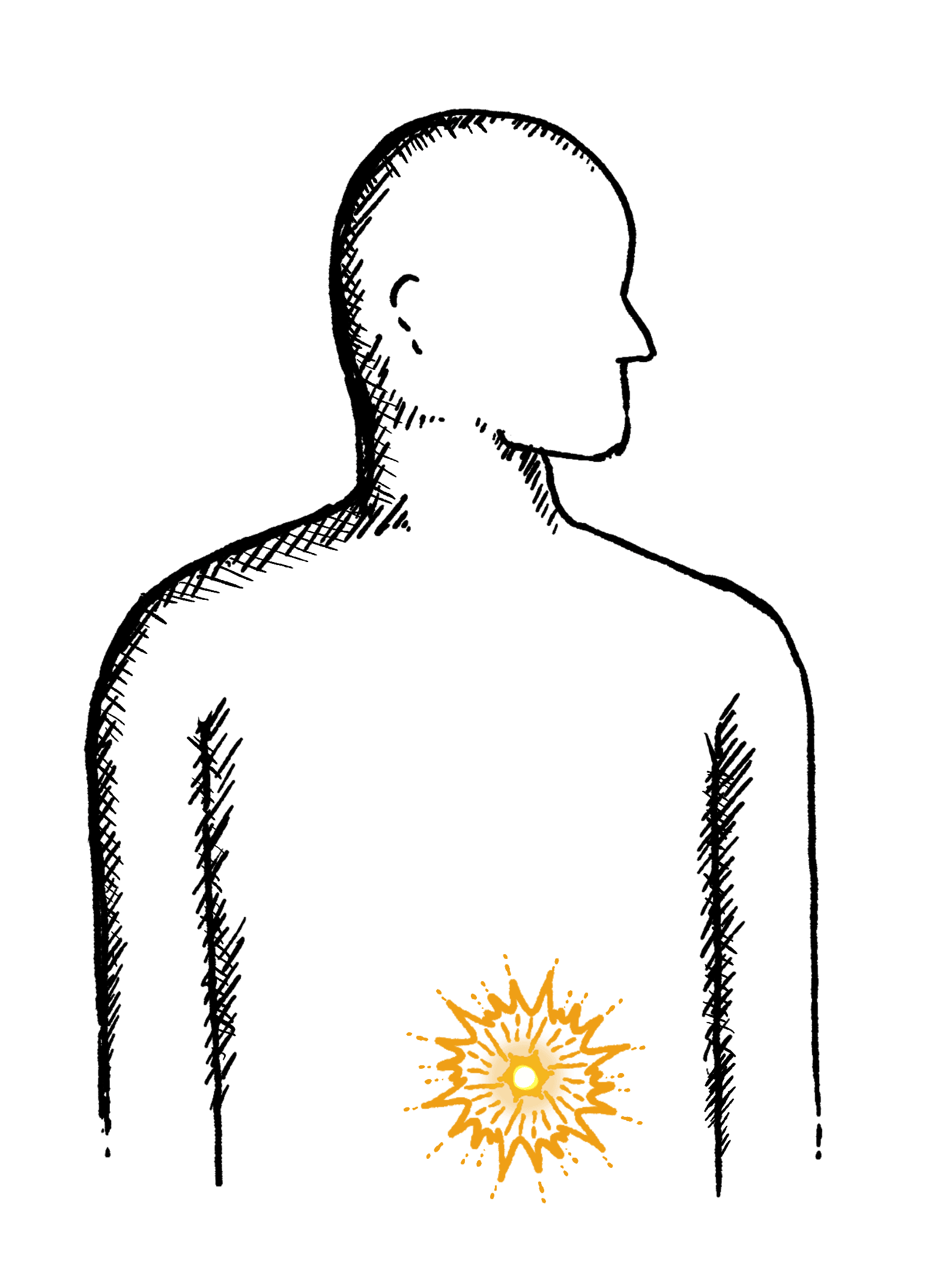
Difficulty going to the toilet, unusual stools, often with stomach ache or intestinal cramps, bloating, nausea or appetite loss
Swallowing Issues
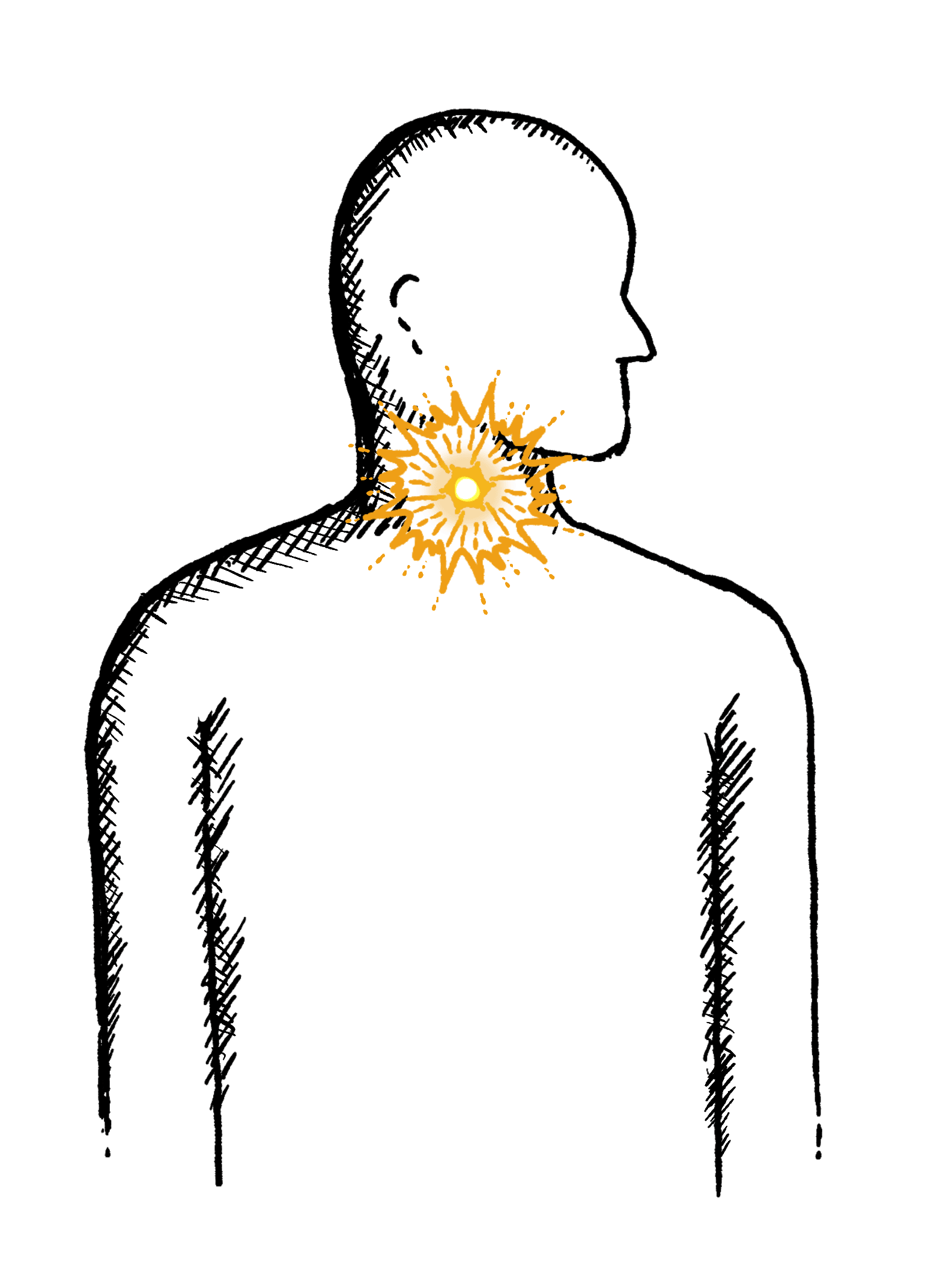
Dysphagia - difficulty swallowing, feeling that food or drink is stuck in your throat, horrible taste in your mouth
Diarrhoea
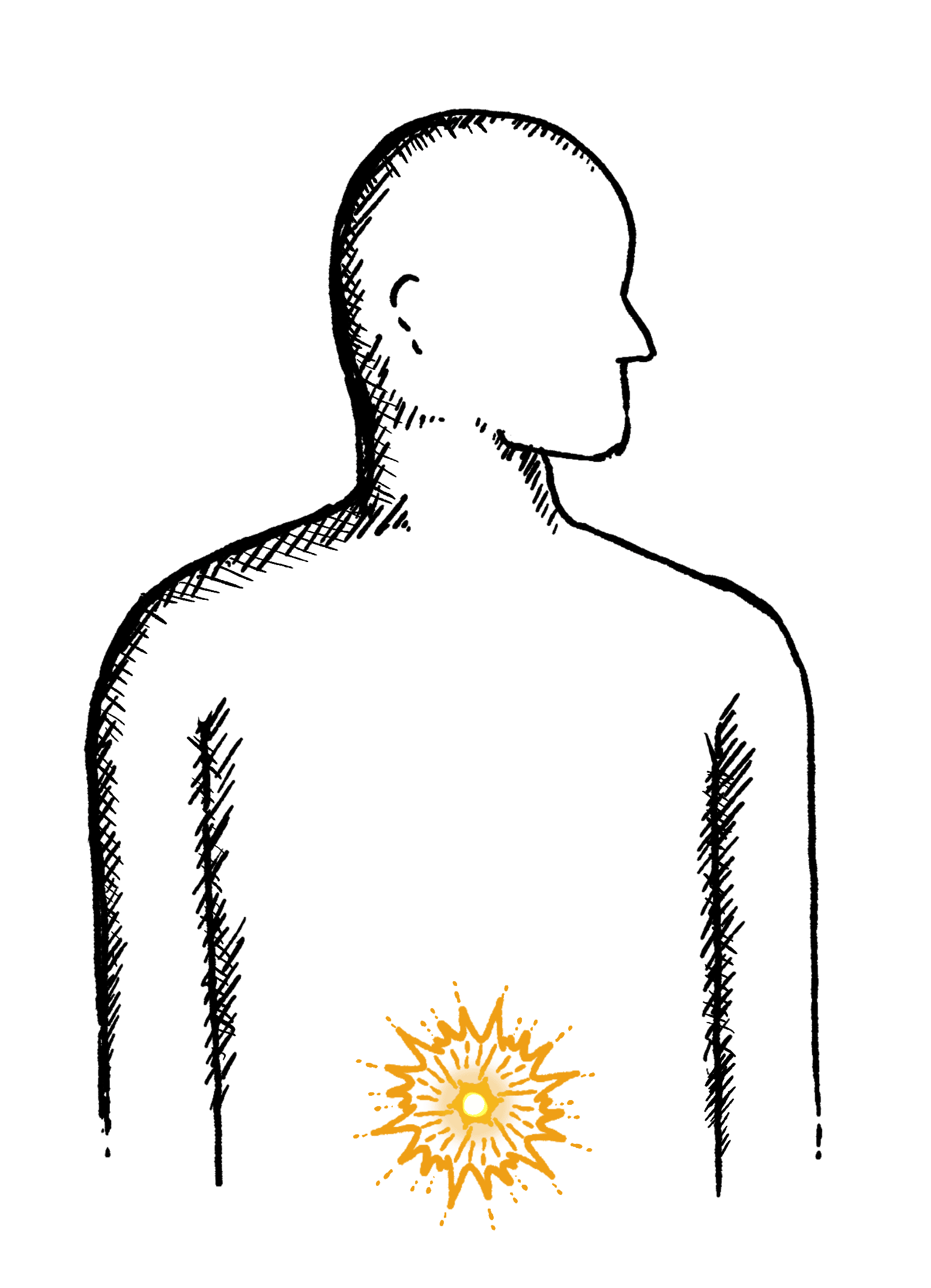
Loose or explosive stools, can’t get to a toilet in time
Abdominal Pain

Cramps; sharp or dull pain, Bloating, Excessive belching, Nausea or vomiting
Faecal Incontinence

Stools leak unexpectedly, Can’t get to a toilet in time
IBS
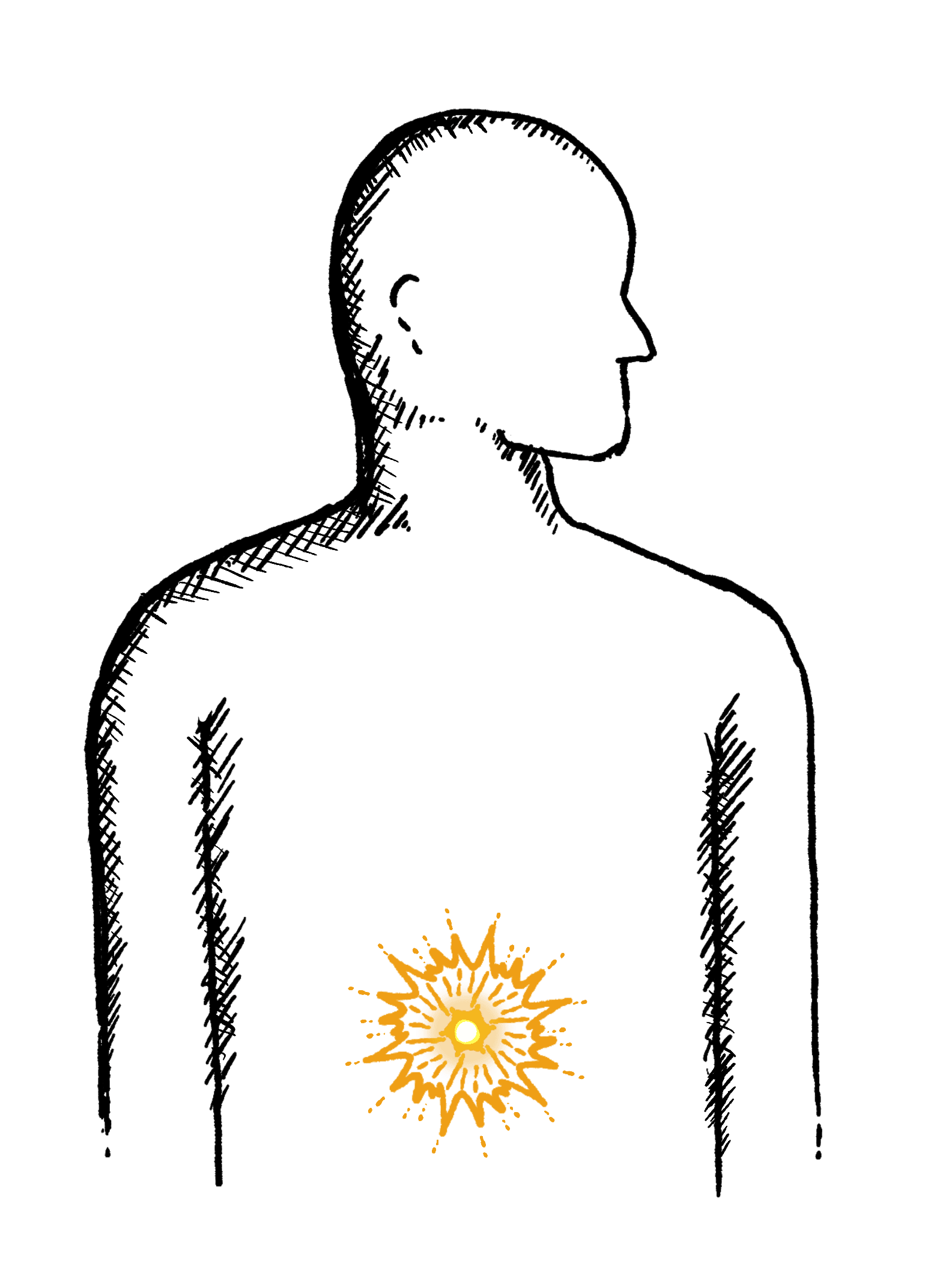
Abdominal pain or cramping, bloating, changes in bowel habits and urgency, gas
